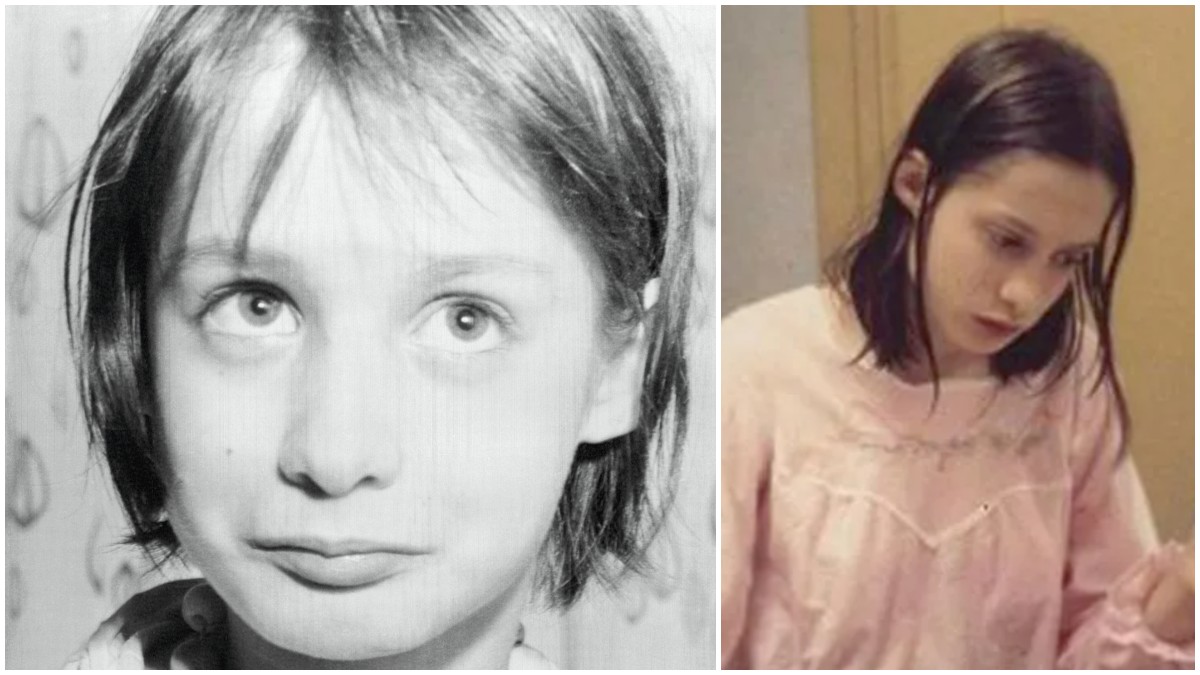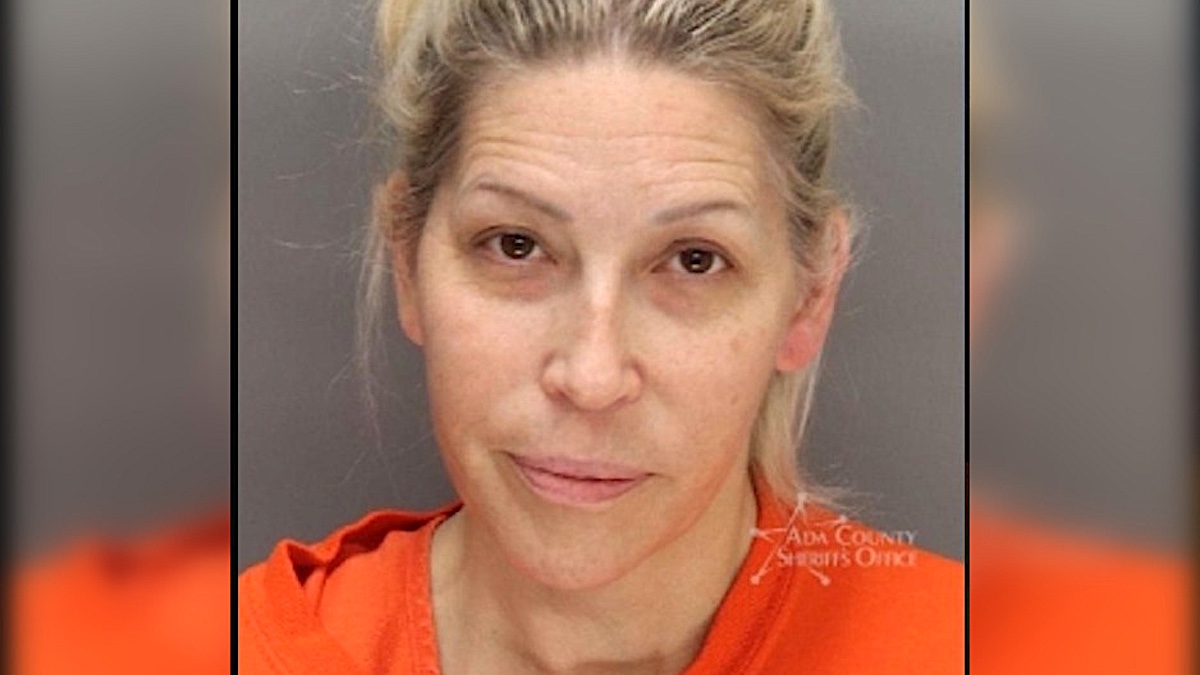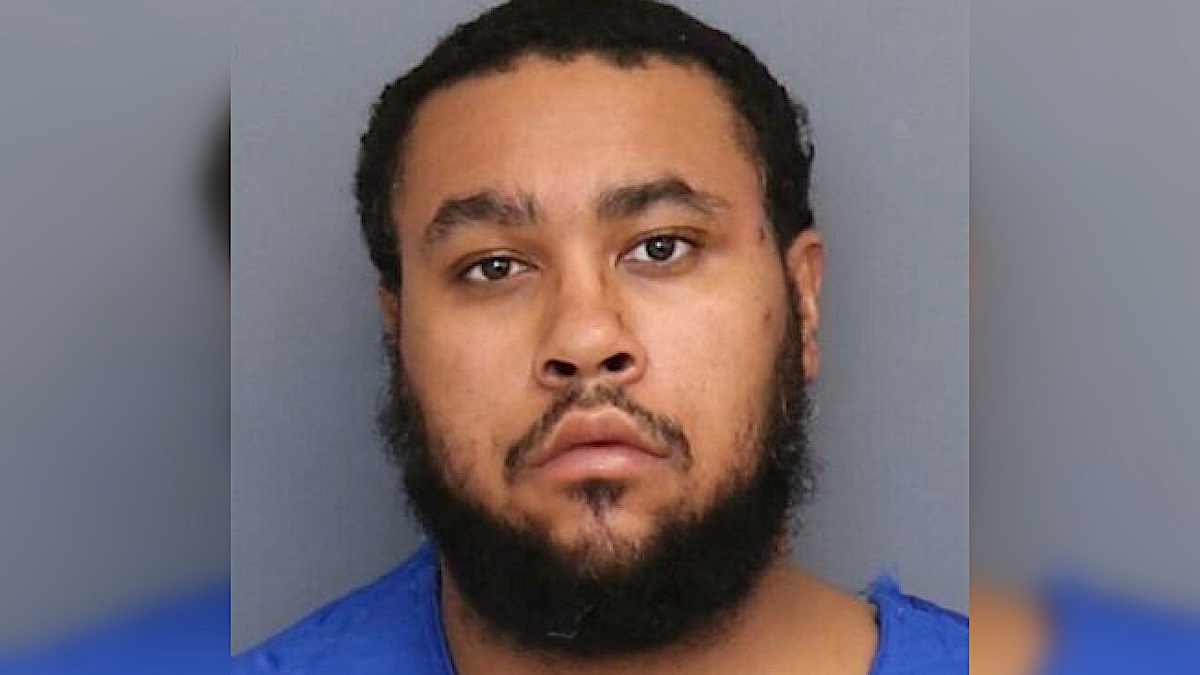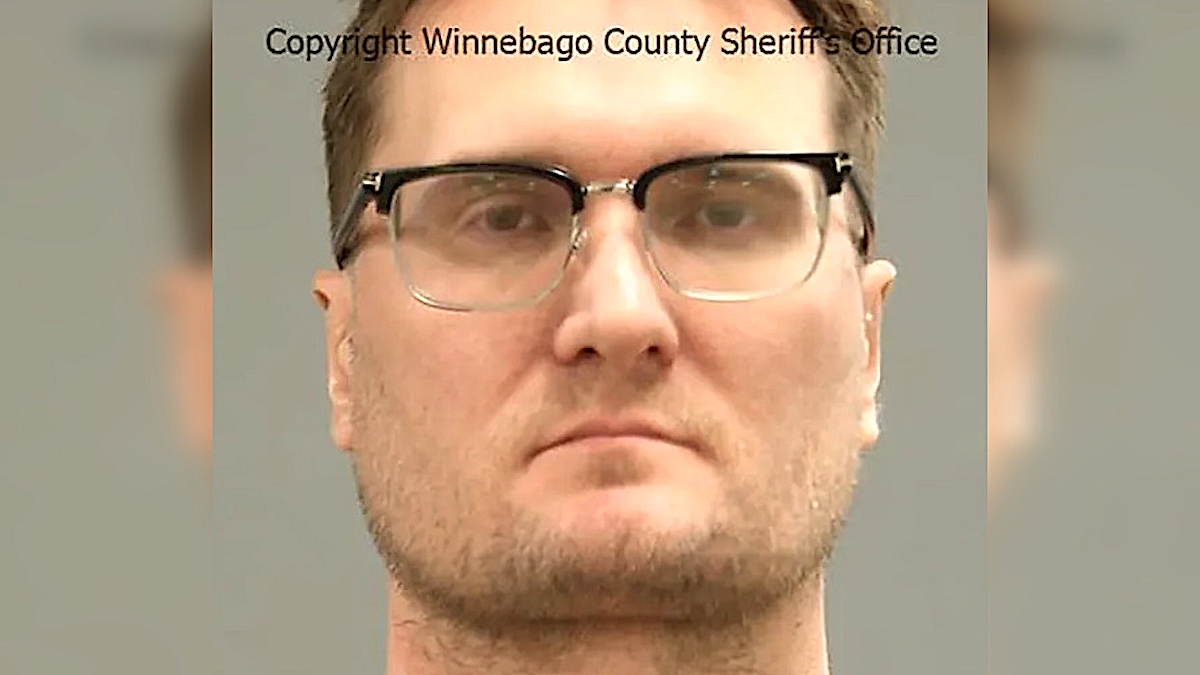Sometimes I wonder about the bizarre and tragic stories that lurk in the shadows of our society. The ones that make you question the very nature of humanity. The case of Genie Wiley, once known as the “feral child,” is certainly one of those tales that stick with you.
Warning: The article includes details of child abuse. Please proceed with caution.
Genie was born in 1957. Her extreme neglect began when her father, convinced that she was severely mentally disabled, isolated her from almost all human contact from the age of about 20 months. She was kept in a small room, often strapped to a child’s toilet or bound in a sleeping bag in a crib with a cover made of metal screening. Her father dissuaded any noise by barking and growling at her, conditioning her to silence (via ABC News). Genie’s mother, who was blind and also a victim of abuse, did not intervene.
Eventually, Genie was discovered in 1970, when she was 13 years old. Her mother had left her husband and, on seeking assistance for herself, inadvertently led authorities to her daughter. At the time of her discovery, Genie was severely malnourished and had the appearance of a 6-7 year old. She could not speak, except for a few words, and had little understanding of language. She also had a peculiar “bunny walk” and could not chew or swallow solid food properly.
The reality that a child could be so thoroughly hidden from society and subjected to such extreme deprivation was a wake-up call to many about the darker corners of human behavior.
Subsequently, both the parents were arrested. However, Irene, her mother, was released since she was also recognized as a victim, while the father was charged with child abuse. Sadly, he never faced trial as he took his own life, leaving behind a note saying, “The world will never understand.” This left Genie in the hands of the state, marking the beginning of another significant chapter in her life.
Genie’s later years
Starting from the 1970s, Genie became the subject of intense interest and study by psychologists, linguists, and other scientists at Children’s Hospital Los Angeles. She was initially placed in the children’s hospital where she began to learn some social skills and showed interest in her surroundings.
She started to learn words and phrases, and her social skills improved. However, her language acquisition was markedly different from that of typically developing children. Genie struggled with grammar and never fully acquired the ability to construct complex sentences.
The details about Genie’s later life are somewhat scarce and private, partly because she eventually became a ward of the state of California. After numerous studies, court cases, and changes in foster care, public updates on her condition diminished.
For a time, Genie lived with psychologist David Rigler and his wife, Marilyn, who were part of the team studying her. This arrangement lasted until 1975 when the grant funding the study was revoked. Genie was then about 18 years old. As her case gained media attention, concerns arose about the ethics of the research being conducted on her. Some critics argued that the researchers were more focused on studying Genie than on providing her with the care and support she needed. Genie’s mother, who had been granted custody, became increasingly uncomfortable with the intensity of the research and the media scrutiny.
Upon the cessation of funding, Genie briefly returned to live with her mother. However, this arrangement was short-lived as her mother soon found herself unable to care for her daughter.
For all we know, Genie entered the foster care system, where, tragically, she faced further abuse. She became largely nonverbal, though she still retained some ability to communicate. Her state during this time was described by psychiatrist Jay Shurley during her 27th and 29th birthdays as being “largely silent, depressed, and chronically institutionalized” (from Genie: A Scientific Tragedy by Russ Rymer).
Reports suggest that she was living in a private facility for mentally underdeveloped adults till 2008, but her exact condition and whereabouts have been closely guarded to protect her privacy.
Today, if she is still alive, Genie Wiley would be 66 years old. Wherever Genie is now, I hope that she has found some measure of peace and happiness. I hope that she knows that her story matters, that her suffering was not in vain, and that there are people who will never forget her name.











Published: May 5, 2024 01:48 pm